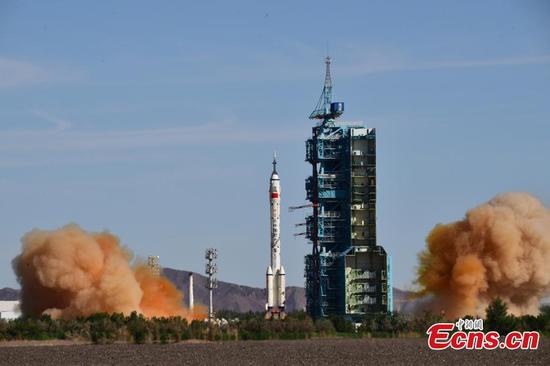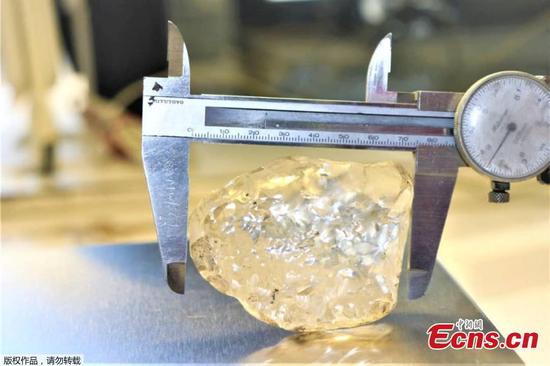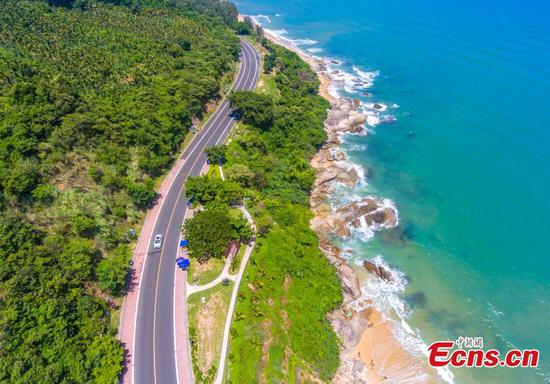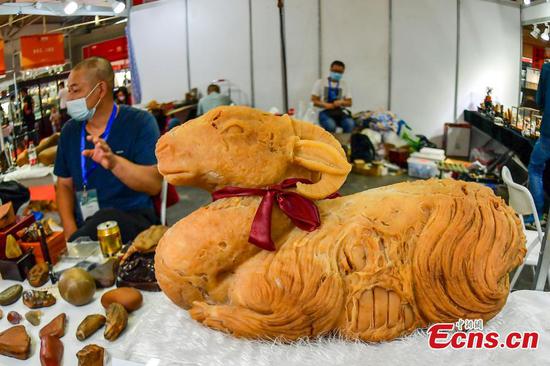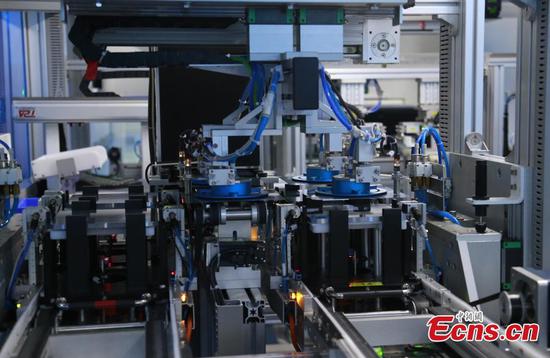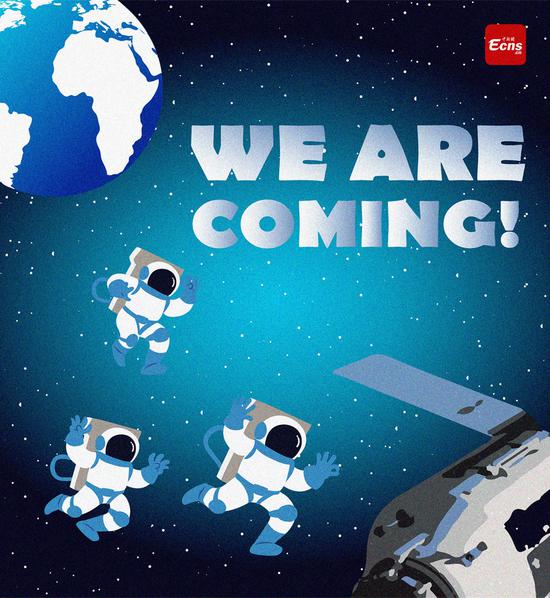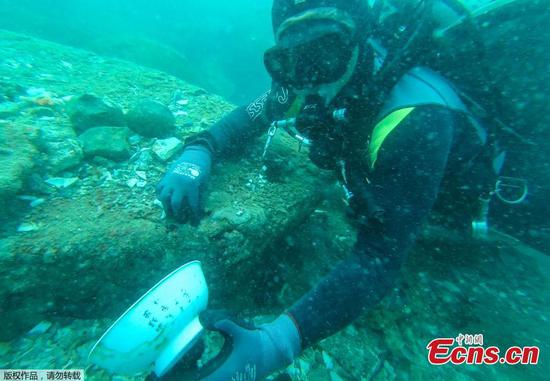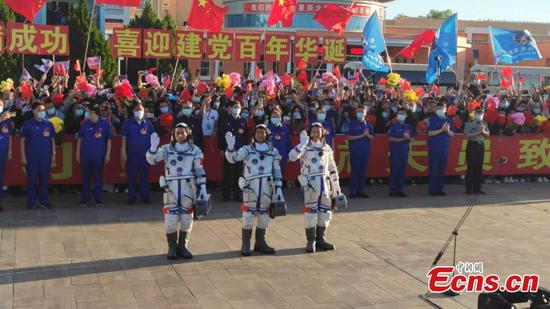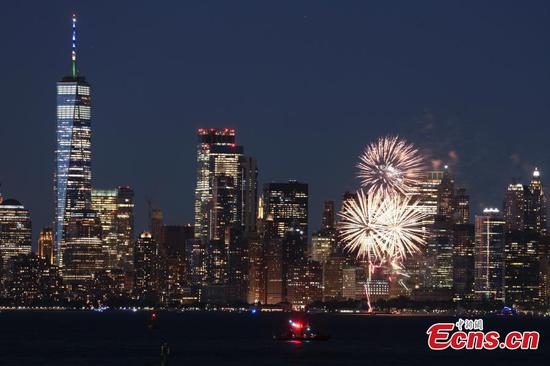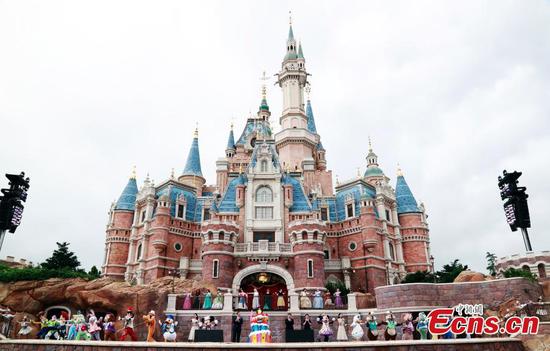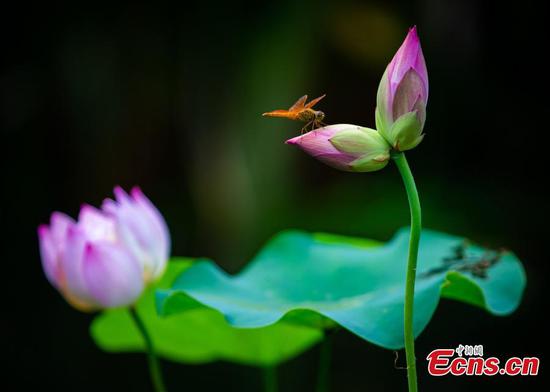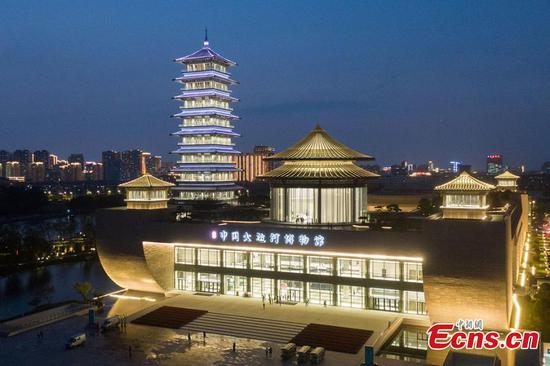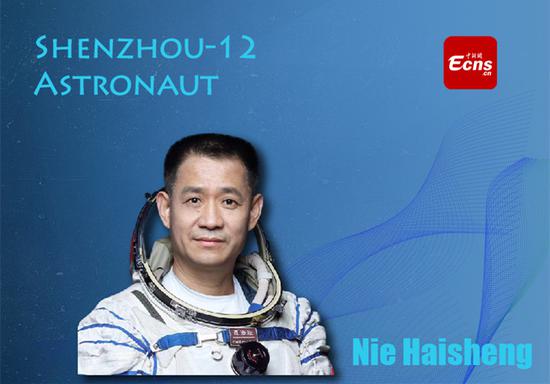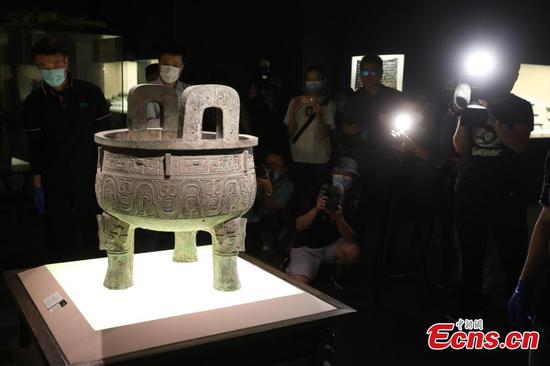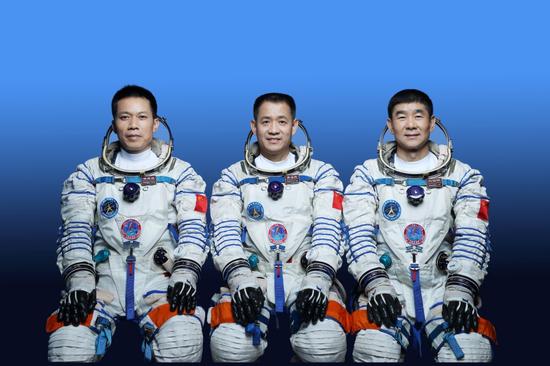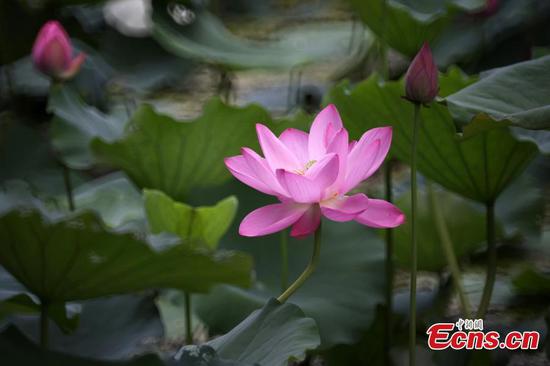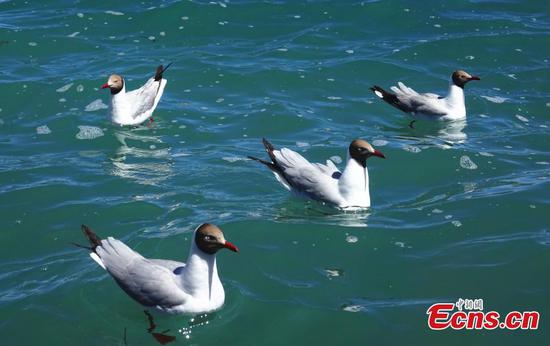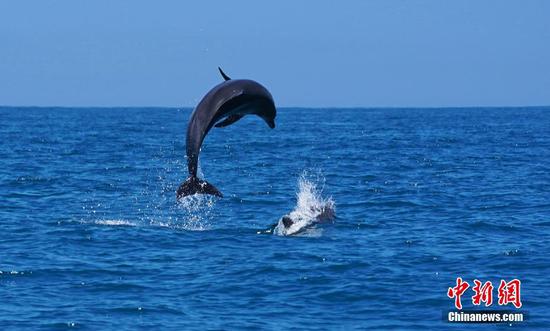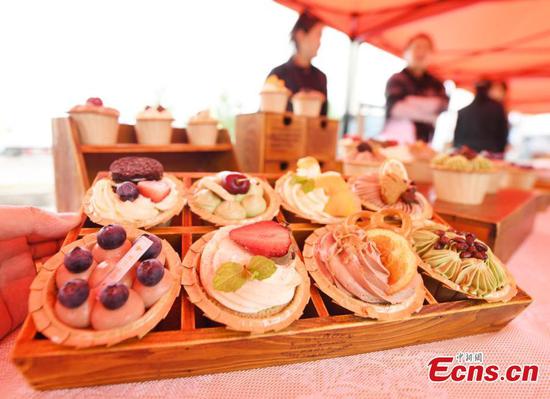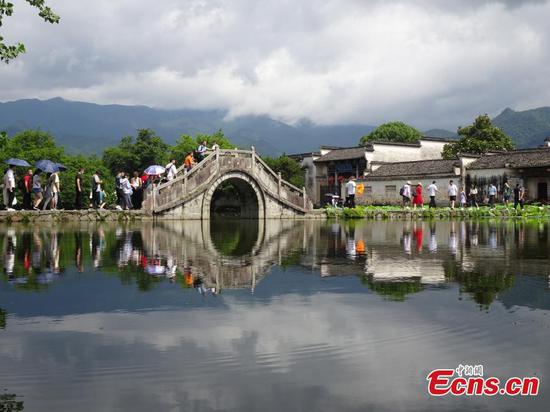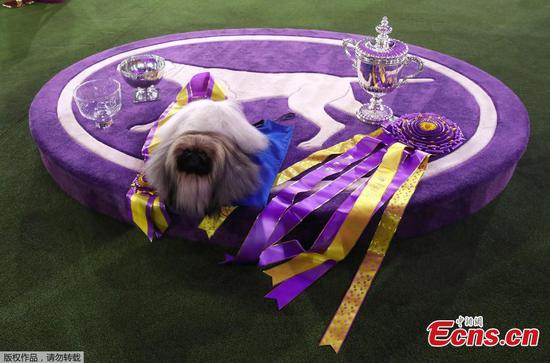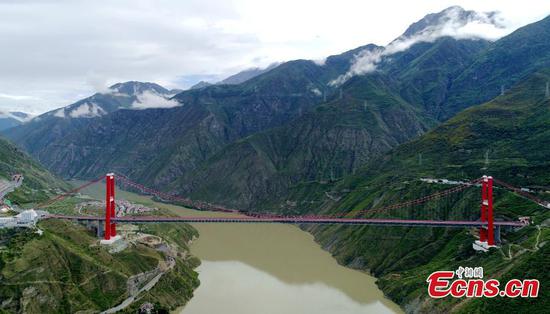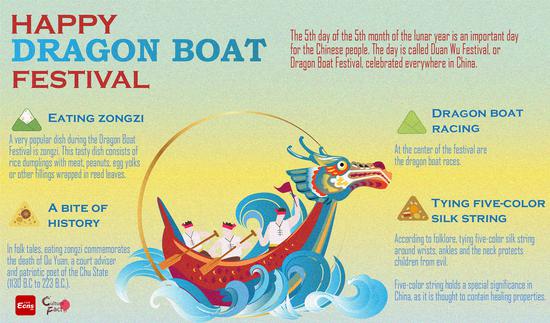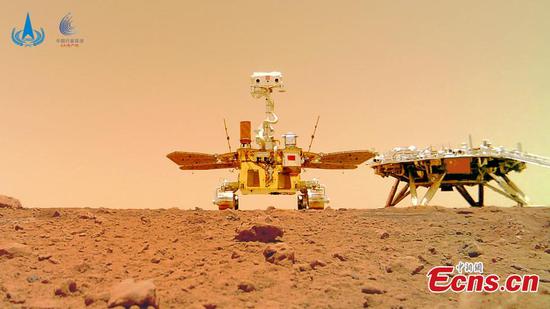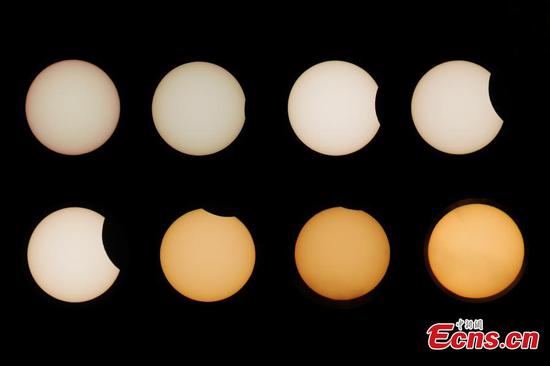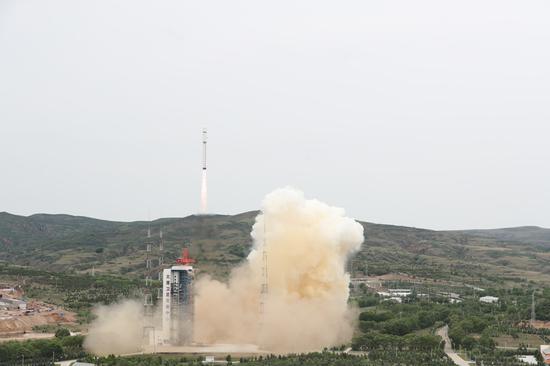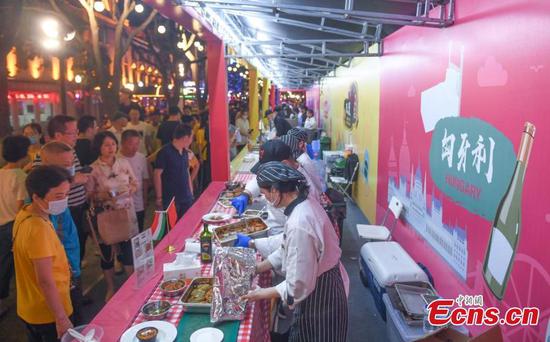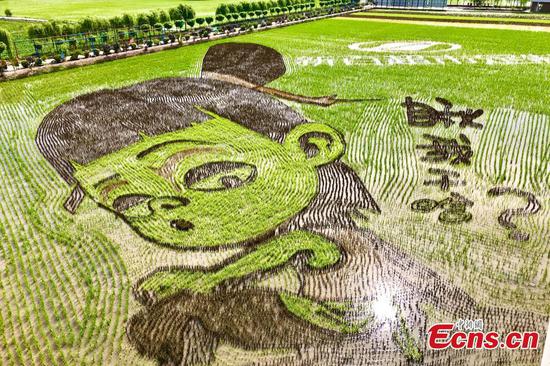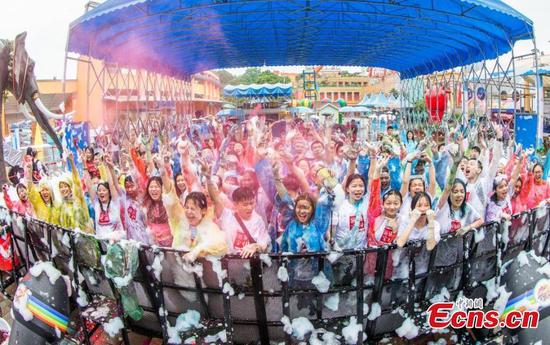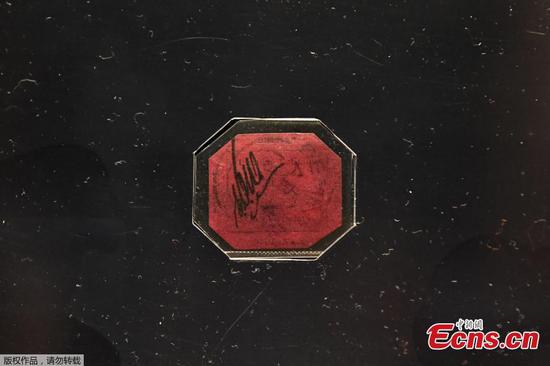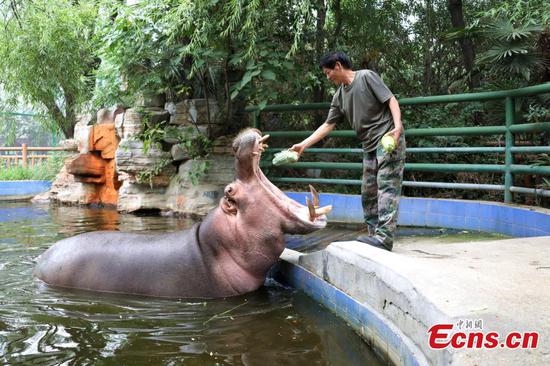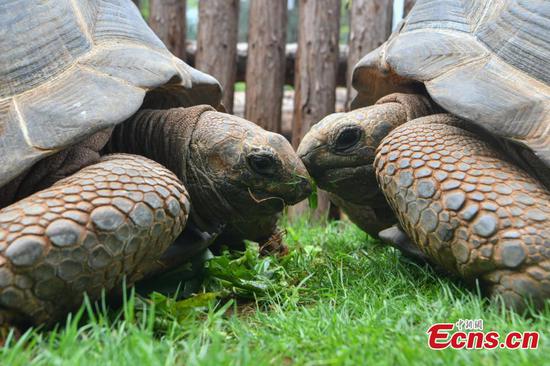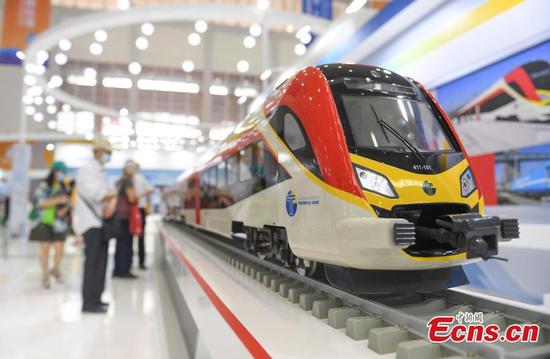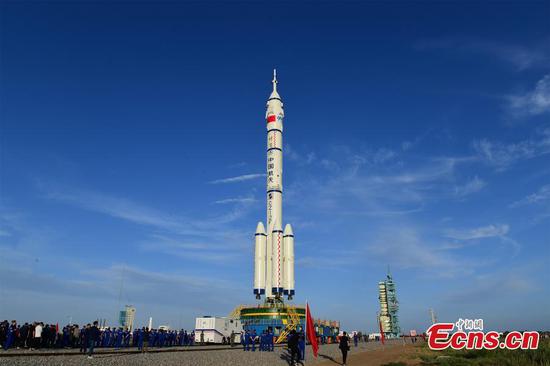
The Shenzhou XII spacecraft is launched by a Long March-2F carrier rocket from the Jiuquan Satellite Launch Center at 9:22 am on Thursday. (SU DONG/FOR CHINA DAILY)
Challenges ahead
Huang Weifen, chief trainer of Chinese astronauts, said that Shenzhou XII will be the longest mission that Chinese astronauts have ever performed and will pose a lot of challenges for the mission crew.
"First of all, they must be able to maintain good health, considering that a lengthy stay in a weightless environment will cause greater effects on the human body than short-term flight," Huang said. "They will face many adverse effects, such as strong vibration and loud noise, as well as the impact of rotation."
Astronauts must remain healthy and energetic to withstand and then adapt to such a tough environment and to fulfill their tasks, Huang said.
"Second, living and working long in the craft's small space, separation from family and familiar places, together with the unfavorable physical influences, can easily result in negative emotions like irritability and depression. Astronauts should have a strong mind and excellent psychological qualities to cope with those probable problems and to be capable of responding to possible emergencies," the trainer added.
Furthermore, Huang said, the complexity of building and running a sophisticated space station tests astronauts' professional knowledge and skills.
Recognizing the challenges and heavy workload the crew members will face on their mission, program planners have tried their best to make the astronauts' living conditions as comfortable as possible.
According to Yang Hong, Tianhe's chief designer at the China Academy of Space Technology, the usable space in the Shenzhou series spaceship is about 7 cubic meters. By comparison, about 50 cubic meters is available inside the core module for occupants' living and work activities-much more room than in all previous Chinese crewed spacecraft. Once the two space labs are connected with the module to complete the Tiangong station, astronauts will have as much as 110 cubic meters of usable space, he said.
Zhang Hao, a senior engineer at the academy who took part in the module's development, said there are separate quarters inside the module for working, sleeping, personal hygiene, dining, healthcare and physical exercises. Each astronaut will have a bed and will share a dedicated washroom-a first for a Chinese spacecraft.
Engineers also installed many appliances inside the craft to make crew members' stay more comfortable, such as an air conditioner, microwave oven, refrigerator, water dispenser and treadmill.
The crew's transporter, the Shenzhou XII spacecraft, is another example of technical advances achieved by Chinese designers. Compared with its predecessors, Shenzhou XII features the capability of conducting rapid rendezvous and docking operations, upgraded reentry technologies and higher accuracy in landing, designers said.
Leisure time
In addition to improved hardware, astronauts can also choose some entertainment in accordance with their personal preference, Huang said.
"They can watch movies, listen to music or use a telephone to chat with family members, friends or colleagues on the ground in their leisure time," she said.
The trainer also said that astronauts are allowed to bring a certain amount of personal belongings aboard Tianhe.
Astronaut Liu said before he set out on the space trip that he would take along a group family photo and a bull plush toy that symbolizes good luck in Chinese tradition.
Tang, another crew member on Shenzhou XII, said some video clips of his wife and son will accompany him during the three-month journey.
"My son is very lovely and optimistic. He is my pride," he said.
Nie refused to disclose details of the contents of his luggage, saying only that it includes some of his favorite food and things he will display to the public during the spaceflight.
On Oct 15, 2003, the country carried out its first manned spaceflight, sending Yang Liwei on a 21-hour journey around Earth in the Shenzhou V spacecraft.
Before Shenzhou XII, China had conducted six manned spaceflights, which totaled 68 days and orbited Earth 1,089 times, while 11 Chinese astronauts had traveled more than 46 million km in space and conducted more than 100 experiments.









